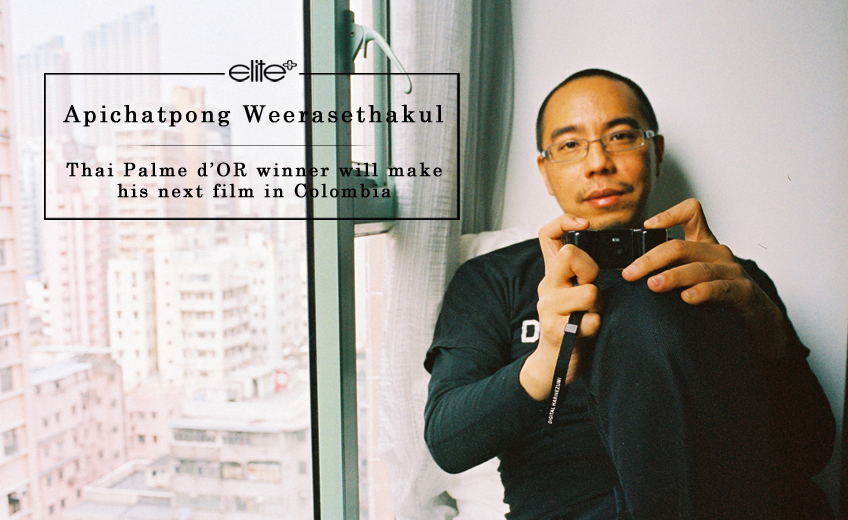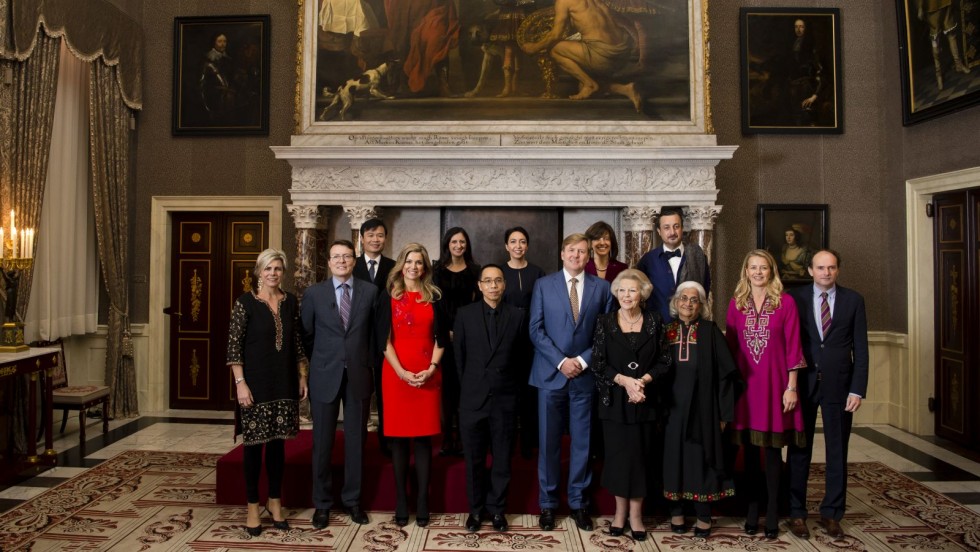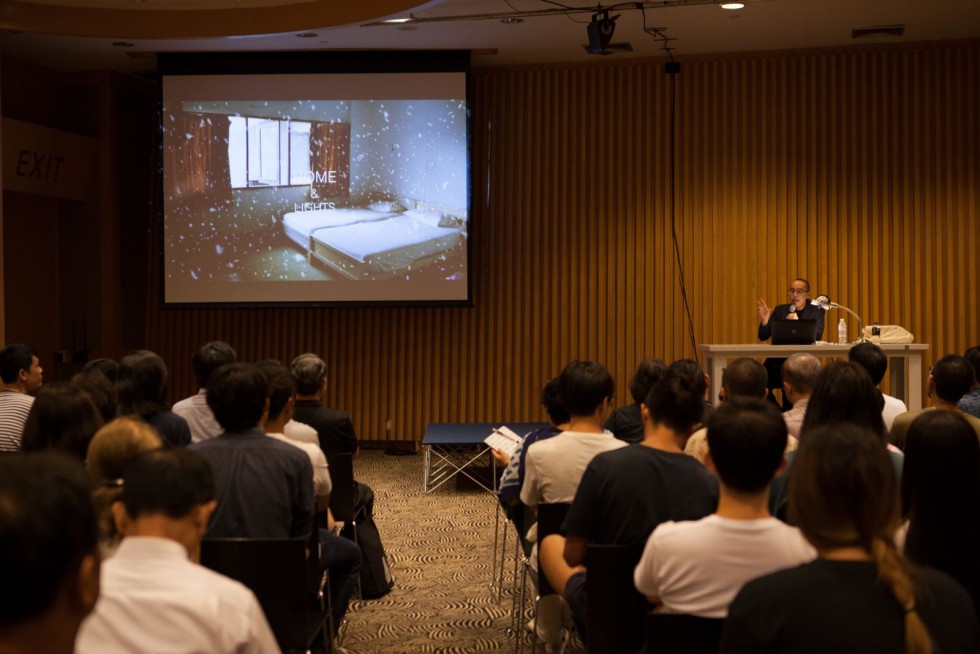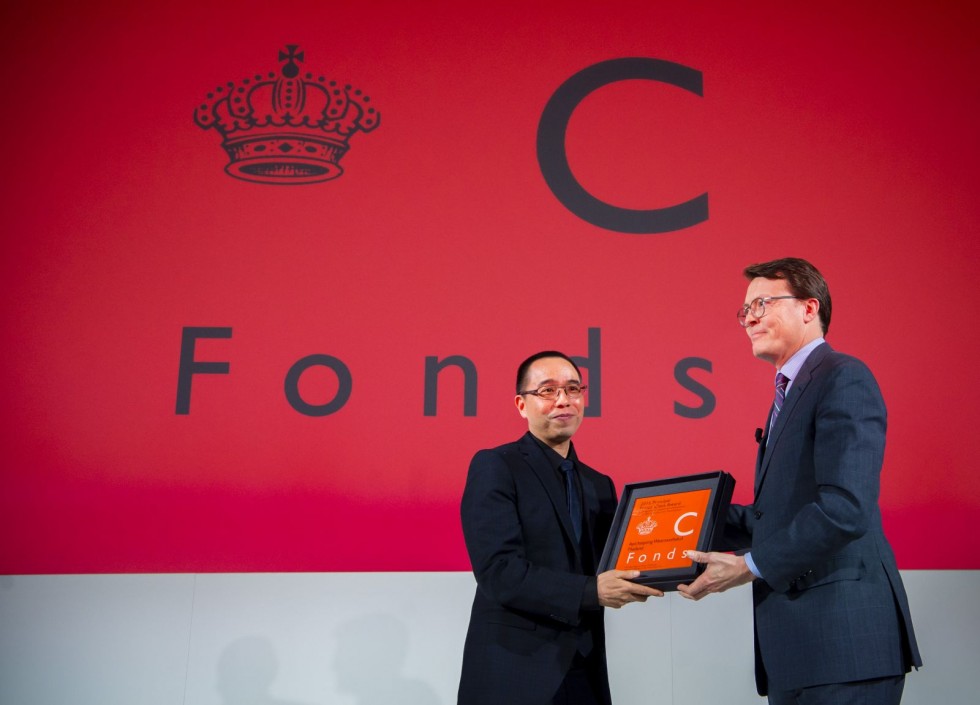His film Uncle Boonme won the prestigious Palme d’OP Award in 2010, bringing Apichatpong Weerasethakul much applause in Thailand and becoming the country’s Oscar nominee. More recently he was the recipient of the Prince Claus Award, Holland’s most important cultural prize, for being “the leader of Thailand’s independent cinema movement.”
 Frank van Beek_1514923310.jpg)
But his 2015 movie Cemetery of Splendor was considered controversial and was never released in the country. The story dealt with a group of soldiers in a deep state of sleeping and dreaming throughout the film. It was thought that the theme of the movie was connected with the military rule in the country. After the non-release of his last film in Thailand, the Thai director went on record to say that he would no longer make films in his homeland.
He confirmed this, at a master lecture in BACC, last month. To a question if the soldiers in his last film preferred to sleep rather than remain awake due to the political situation in the country, the Thai director quipped that the reality of dreams was sometimes better than the reality of life! As far as the filmmaker was concerned, films were illusions, and it was up to the filmgoer to believe in their ‘virtual reality’ or not. Apichatpong, known as ‘Joe’ by his friends, spoke candidly and feelingly about the influences and inspirations in his film-oeuvre, to a packed auditorium of film buffs. He also unhesitatingly answered their varied questions.
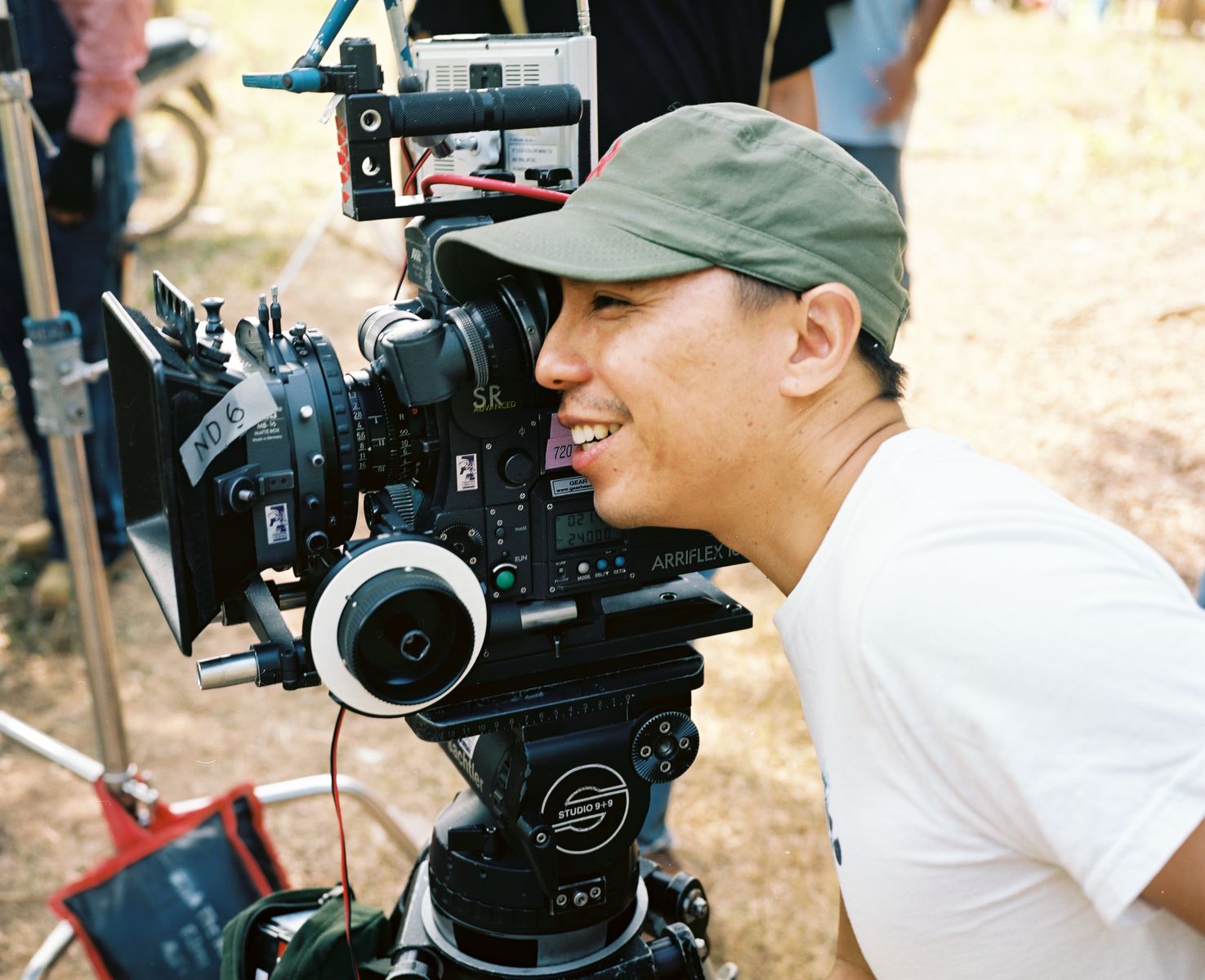
The director made it clear that his Isaan hometown of KhonKaen had been intrinsic to all his films. In fact, its numerous facets featured in all his stories – the hospital where his doctor-parents worked, monuments, jungles, the Mekong River. Even so, he had decided to shift base and shoot his next feature film in faraway Colombia, where many of his movies have been screened. The film-makeradmitted that Colombia was very different from a country like Thailand, which was “still learning the language of how to speak, articulate, criticize, and creating their own vocabulary”.
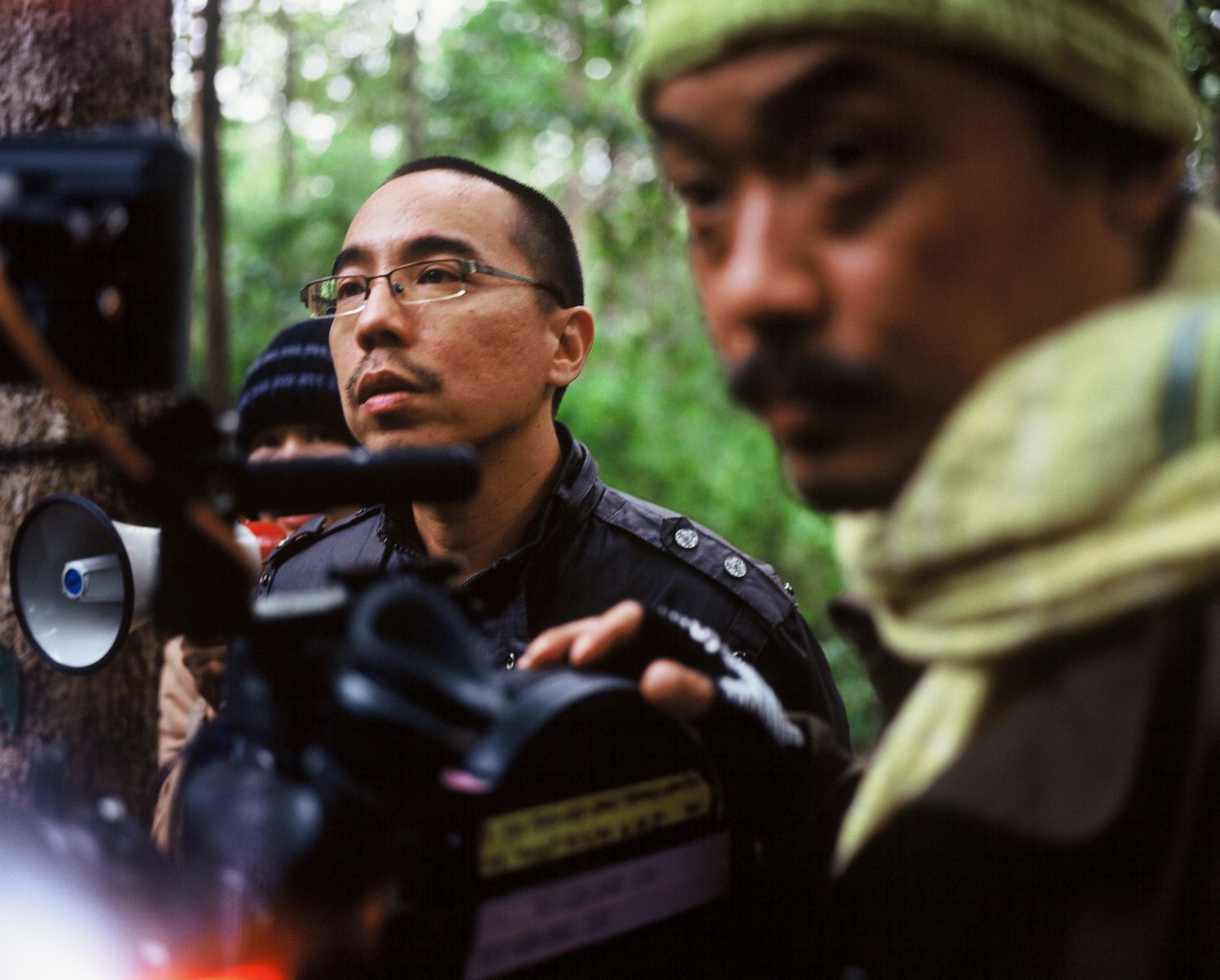
In Colombia, all art was politicized; images had double-edged meanings. The country had drugs, violence and “everything was scaled up there” – dangerous and dramatic. He admitted that he “Would not make a film out of a Colombian perspective, but from my own perspective.” Since he had developed a story for the film and worked on its funding, he planned to get started on the pre-production work soon. He even had a tentative title for the film – ‘Memoria’. The filmmaker informed the audience that he was also making a short film, with the title
At his lecture, he said how all his films came out of his memories. At least three films – Mysterious Object at Noon, Syndromes and a Century, Cemetery of Splendor – were set in the hospital where he spent a lot of time in, as his doctor-parents worked there. In fact the filmmaker revealed that the seeds for filmmaking were sown in him, after he looked through the microscope, in his parents’ hospital. He stated that, “It was full of changing shapes and colors. Making films is indeed, like looking through a microscope!”
As for monuments, they feature in most of the director’s films too. In fact, he screened his arresting short film ‘Fireworks’that was a light-and-sound ode to the monuments and statues of his hometown. “We have statues of everything in KhonKaen – from Buddhist monks and dictators to dinosaurs!” he laughed. While he loved technology and was happy to move from 16 mm to 35 mm to digital, for his filmmaking, the Thai director confessed that he hated the new inventions of technology, like Facebook and Twitter. “If one spent less time on Facebook and Twitter, one could get a lot more work done, including getting funds for one’s films!” he quipped.
At the lecture, the director answered questions from aspiring filmmakers about every aspect of filmmaking, from getting funds to retaining creativity (“My most creative hours are two hours before lunch!”), to practicing self-censorship (“It’s important, in Thailand.”) “I’m 46 years old, and I must think of the future,” he stated. “The next generation is important, as we are rocking the boat together.” Apichatpong Weerasethakul was not sure if the ‘boat’ would remain afloat or adrift. As far as he was concerned, his fierce indie spirit and his international producers would help him to keep the films flowing, in his own invincible manner.


